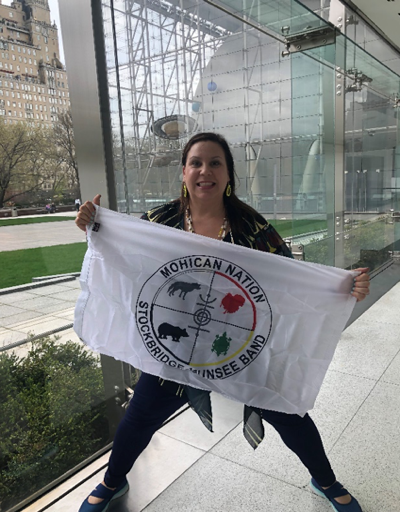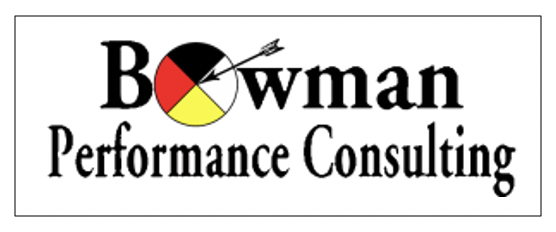
I am Waapalaneexkweew AKA Dr. Nicole Bowman (Mohican/Lunaape). Labor Day is a federal holiday that celebrates the labor movement. American workers in the past labored for long hours, in poor conditions, and with insufficient pay. Poor people, immigrants, and people of color were/are most impacted. Systemic disparities are still upheld by laws, policies, and practices that exploit the contributions of BIPOC, women of color, LGBTQ2S, and other marginalized workers. Labor inequities also exist in the field of evaluation. How do we understand belabored labor and move forward differently in evaluation?

The expectation for less privileged people to work “pro bono” is labor exploitation that affects marginalized people disproportionately and at very high levels. Economic insecurity is a reality for many BIPOC, LGBTQ2S, and women of color. Many come from generations of poverty and have cultural responsibilities of caring for people and matters beyond themselves. It is important to be paid for our time and for our unique expertise that many white organizations desperately seek and need. Like specialists in any field, BIPOC and LGBTQ2S are cultural specialists with specific technical and scientific evaluation skills and deserve to be compensated as such.
Uncompensated emotional and spiritual labor is another way BIPOC and other marginalized people are mistreated. Not only are we expected to be grateful for access we get, but we often feel stress and guilt for trying to protect ourselves from exploitative relationships. As the only BIPOC, LGBTQ2S, or other marginalized person in the room, we are expected to know and do most of the equity and diversity work. We are asked to explain repeatedly, at the “101” level, historical, cultural, and equity issues to non-BIPOC colleagues who are not motivated to do that work themselves. This takes a high toll on our mental, emotional and physical health. There is no end in sight unless the mainstream and field of evaluation choose to do something different.
Hot Tip: Critical system, gender, or race theories of discrimination can be incorporated into your evaluation study design or scholarship to understand how and why labor inequities are still prevalent and help you understand how racism, sexism, agism, ableism, white privilege, or other forms of discrimination are prevalent in our field and your contexts of practice.
Rad Resources:
- Decolonize your ideas about wealth and use money to heal and restore. Edgar Villanueva’s book and website on Decolonizing Wealth will change your perspectives and actions.
- International Labour Office (2007). The ILO’s guidebook Eliminating Discrimination Against Indigenous and Tribal Peoples in Employment and Occupation supports national laws and policies guided by international labor and human rights standards, and provides a framework for promoting equality for Indigenous women and men as guided by the United Nations Declaration on the Rights of Indigenous Peoples (2007), which states the importance of access to decent work for Indigenous people as a matter of human rights, as well as national and international development objectives.
- Be equitable and green: The 2009 Green Equity Toolkit offers strategies for advancing race, gender, and economic equity in a green economy.
- Waapalaneexkweew (Nicole R. Bowman-Farrell, Mohican/Lunaape) (2018). Looking Backward but Moving Forward: Honoring the Sacred and Asserting the Sovereign in Indigenous Evaluation. American Journal of Evaluation, vol. 39, 4: pp. 543-568.
The American Evaluation Association is celebrating Labor Day Week in Evaluation. The contributions this week explore the concept of labor from different perspective and in relation to evaluation. Do you have questions, concerns, kudos, or content to extend this aea365 contribution? Please add them in the comments section for this post on the aea365 webpage so that we may enrich our community of practice. Would you like to submit an aea365 Tip? Please send a note of interest to aea365@eval.org . aea365 is sponsored by the American Evaluation Association and provides a Tip-a-Day by and for evaluators.

Thank you for sharing your insightful post, Nicole. Your perspective on labor exploitation in the field of evaluation is important and timely, particularly as we celebrate Labor Day and recognize the contributions of workers across the country. As you note, many evaluation professionals are expected to work long hours with little compensation and are often asked to do work that goes beyond the scope of their job duties. This kind of labor exploitation is unacceptable and can have significant consequences for workers’ health and well-being.